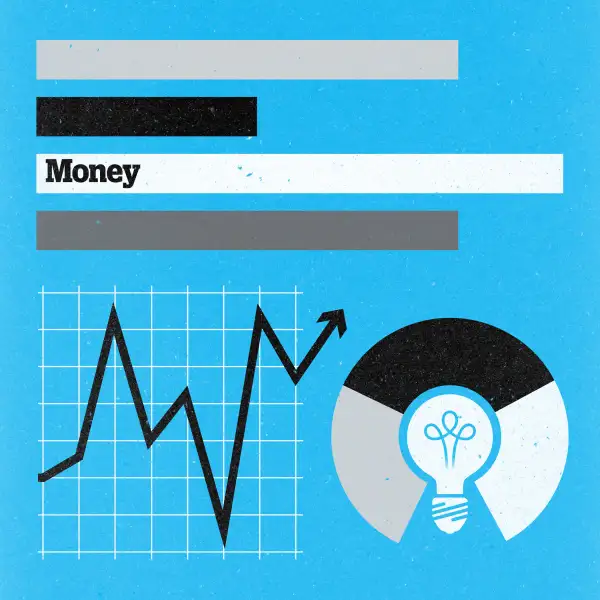The ABCs of Buying Individual Stocks
Money is not a client of any investment adviser featured on this page. The information provided on this page is for educational purposes only and is not intended as investment advice. Money does not offer advisory services.

Q: I've never bought stocks before and would like to start. Can I purchase shares without a broker and how would I do this? – Julie
A: Investing in individual stocks is a great way to get a first-hand look at what investing is all about – and doing so is relatively easy and inexpensive these days.
“This is how I got interested in investing,” says David Geibel, a wealth advisor with Girard Partners in King of Prussia, Penn.
Before you go too far down this path, however, you need to think about what you hope to achieve by owning equities.
If your goal is to save for retirement or fund your child’s college education, don’t buy stocks a la carte. “Buying one stock can be fraught with peril,” he says. “If it goes poorly, you may never invest again.” Conversely, if you get lucky, you may get a false sense of ability, setting you up for bigger losses down the road.
Over the long run, your odds of success are much better if you invest in a diversified portfolio of stocks, via a low-cost mutual fund or an exchange-traded fund. (The Money 50 list of recommended funds and ETFs is a good place to start your search for a high-quality fund.)
Read Next: How Does the Stock Market Work?
This diversified approach is cost effective, requires little time, attention, or skill on your part, and spreads your bets across many different stocks. In an S&P 500 stock index fund, for example, if one stock runs into problems, the other 499 will be there to prop up your account.
Once you have your bases covered for your serious savings, you can try your hand in individual shares — just tread carefully. Set a limit and only play the stock market with money you can afford to lose.
You don’t need an old-fashioned broker to buy shares of a company. You can open an account online with any of the major brokerage firms — such as E*Trade, Fidelity, Schwab, TD Ameritrade, and Vanguard — and buy and sell stock for less than $10 per transaction. Before you settle on a brokerage, compare fees, research tools and account minimums.
The bigger challenge: Choosing the right stock.
Professional investors use any combination of strategies to identify great investments. If you’re just getting started, take legendary investor Peter Lynch’s advice and “buy what you know,” says Geibel. “If you don’t understand what the company does or how it makes money, don’t buy it.”
Read Next: How Many Funds Do I Need?
Then again, just because you like a company or its product doesn’t mean that it’s a great investment. The best investments have the right combination of quality (including earnings growth, dividend growth, and a sound balance sheet) and price (a.k.a. valuation). By valuation, investors aren't referring to the price per share, but rather a stock's price relative to a performance measure such as profits or sales or assets.
A stock's price/earnings ratio is perhaps the most popular way to gauge valuations. Just compare your stock's P/E to that of the broad market or the specific sector the company operates in.
You can look up a company's fundamental and valuations at sites such as Morningstar.com, Zacks.com, and finance.yahoo.com.
The trick, of course, is finding that balance, and even seasoned investors often fail to get it right.
A word of caution: Many investors fixate on the fastest growing — and most exciting — names because those companies tend to garner the most media attention.
But a study by Vanguard found that you'd be better off focusing on shares of companies that are trading at the lowest valuations. In other words, the price/earnings ratio of a stock (the lower the better) is a more reliable indicator of its long-term return prospects than, say, earnings growth.